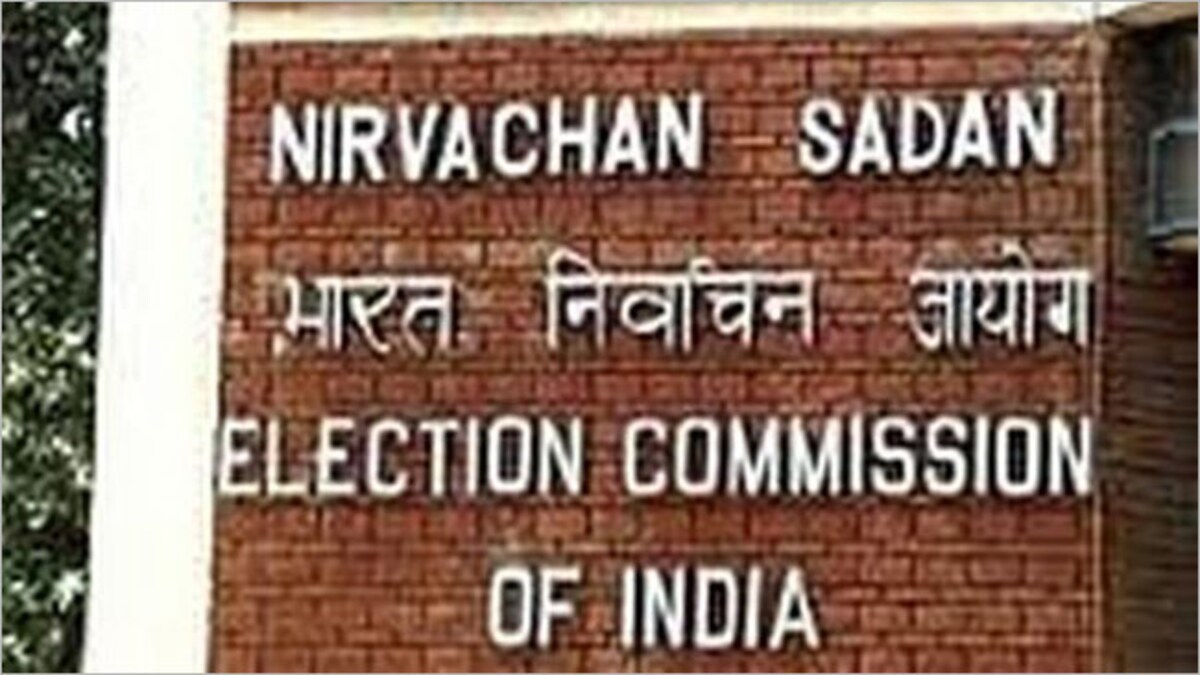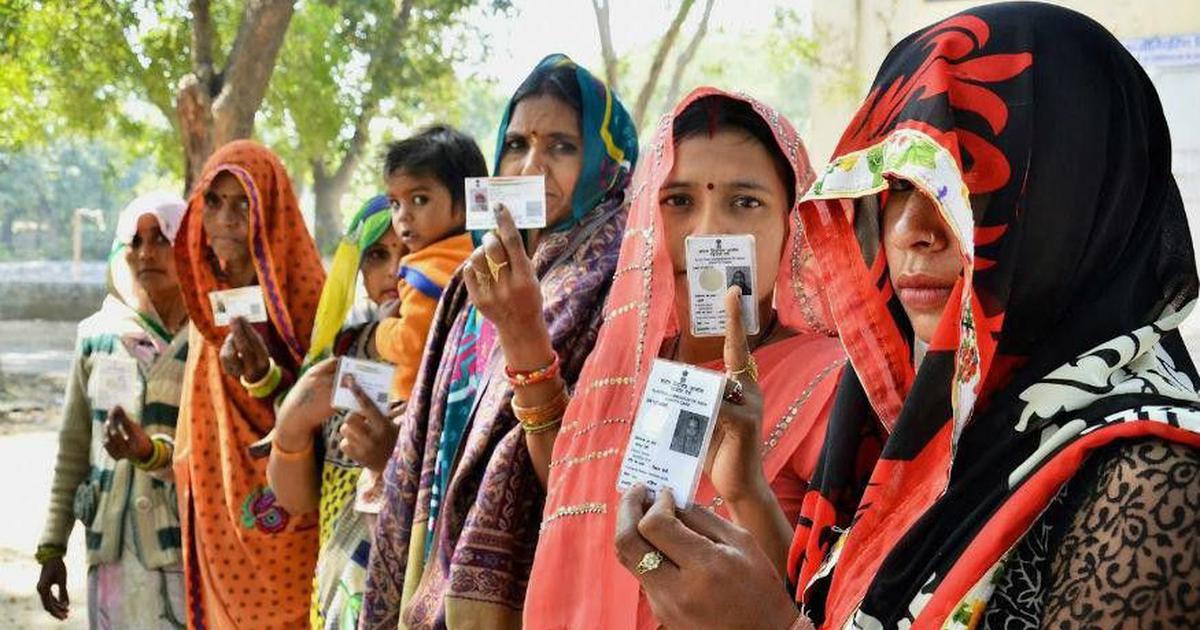The biggest democracy in the world, India, boasts of its democratic framework and the system of elections that assures the preservation of the people’s right to pick a government of their choosing. The fact that elections are a common characteristic of democratic systems across the globe, however, does not mean that they must be completely fair, free, impartial, transparent, and inclusive.
On the basis of universal adult suffrage, Indian elections are conducted. Any Indian citizen who is at least 18 years of age is eligible to register as a voter on the country’s electoral roll. Reservations are made for women, Scheduled Castes and Tribes, Other Backward Classes, and those from the Scheduled Tribes and Other Backward Classes. The most crucial aspect and condition for allowing the general people to express their will freely and equitably is the use of a secret ballot.
Political parties are a necessary component of the election process, so people may follow whatever school of political thought they want. Political parties in India are subject to a set of legislative rules that control their activities. Elections are decided by the percentage of valid ballots cast.

It is the duty of India’s Election Commission of India, an apex-independent organisation, to organise free and fair elections in the country. Direct and indirect elections are both used in India, and the Election Commission of India (ECI) conducts elections for members of the lower house of Parliament (Loksabha) and state legislative assemblies (SLAs). Indirect elections are also held by ECI for the Indian Senate and the Presidency of India.
The Indian Constitution gives the Election Commission of India (ECI) a great deal of leeway in conducting these elections. To ensure compliance with Article 243 of the modified Constitution, the parliament mandated that all states alter their Panchayats and Municipalities Acts in accordance with the 73rd and 74th amendments. The election commissions of each state
The election commissioners, who are selected by the governor of the state, serve as the body’s executive leadership. To conduct free and fair elections to Local Bodies, according to Article 243 K and Article 243ZA of the Indian constitution, the State Election Commissions have been given authority to conduct all elections at regular intervals to Panchayat Raj and Municipal bodies (Local Bodies). Most of the time, state electoral commissions follow the guidelines established by the Election Commission of India (ECI).
The state commissions, on the other hand, have less freedom and authority to thwart political meddling, as can be shown by a close examination. Despite these differences, these institutions have worked tirelessly to achieve the basic goal of holding free and fair elections and maintaining the country’s democratic character.

More and more people are calling for a reformative overhaul of the voting process and its supporting infrastructure in recent months and years. A major point of contention has been the ambiguous allocation of culpability between ECI and the various state units. As a consequence of the state governments’ opportunistic turnarounds, state election commissions are more susceptible to deviations in the procedure.
Madhya Pradesh had local elections recently. Recent elections occurred in 2014. Elections dragged on due to several factors. The new state government decided in 2018 that Janpad Panchayat, Zila Panchayat, and Municipal Bodies chairpersons will be elected by members of the relevant body, rather than directly by the people. They also redrew districts for these elections. The government lost its Assembly majority, and the incoming administration reversed its decision.
Members and chairmen of local bodies would be elected by popular vote. Since then, the administration has reconsidered, saying that municipal council chairmen would be elected indirectly, through members, except for municipal corporations. The government’s goals are clear, but its rushed and unreasonable response caused legal complications.
Municipal council members must be at least 21 years old, including the leader. Suppose all elected members are under 25. The hamlet had no Schedule caste people, thus the sarpanch’s position was reserved for them. As situations like this increase, we must consider whether the Election Commission and other constitutional organisations are weak. Can they recognise these problems? Some SECs have done amazing efforts, such as developing a more complex EVM to elect many officials simultaneously. EVMs have a DMM, while ECIs don’t. MPSEC has created a booklet and leaflet to aid polling officials with paperwork. They execute well procedurally but lack the fortitude to resist opportunistic politics.

